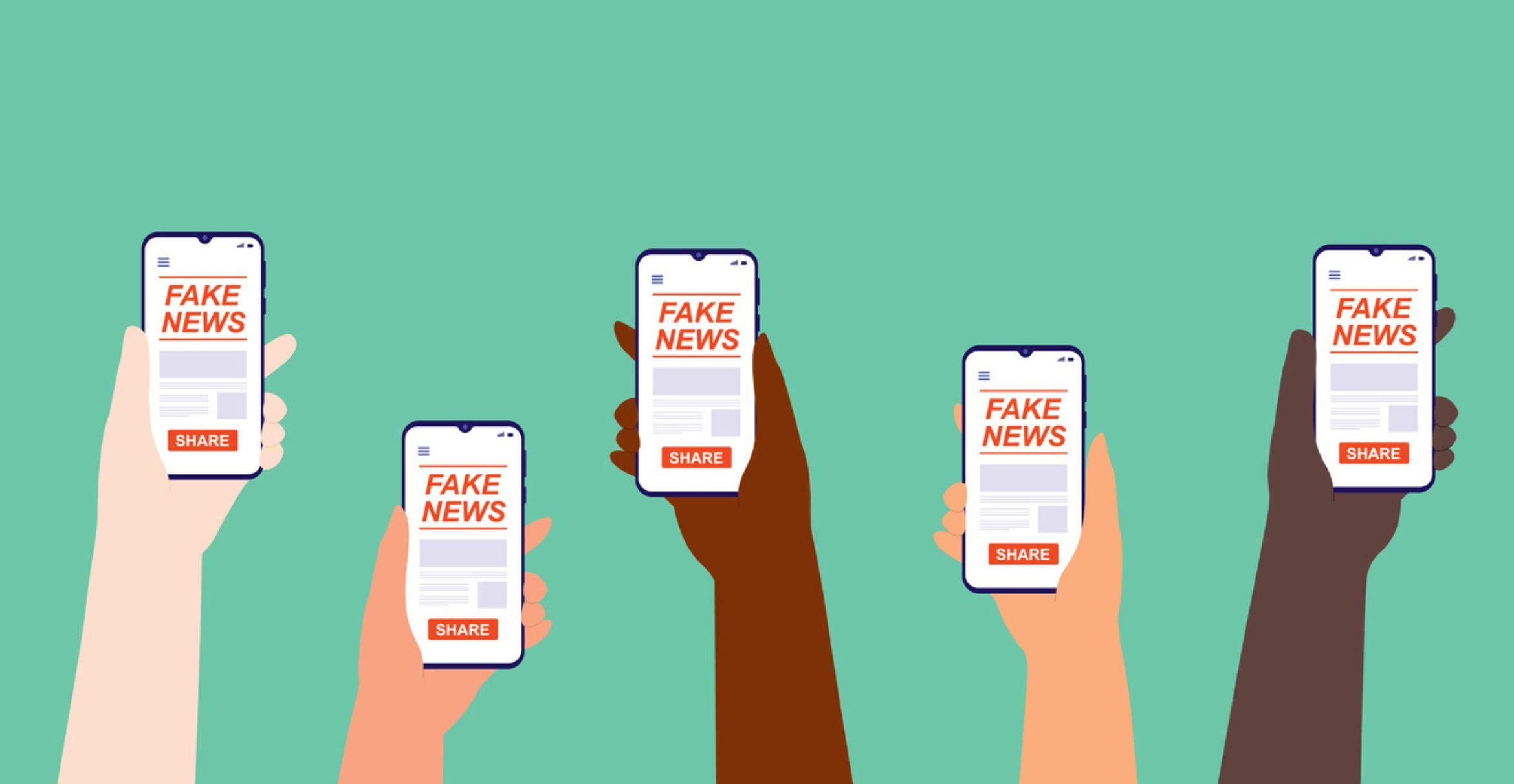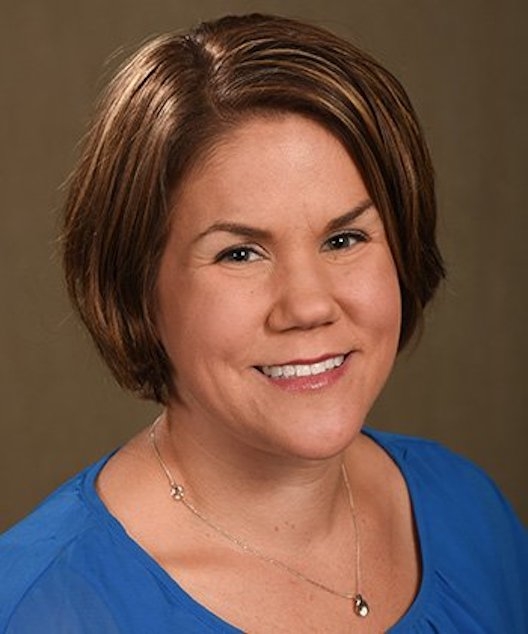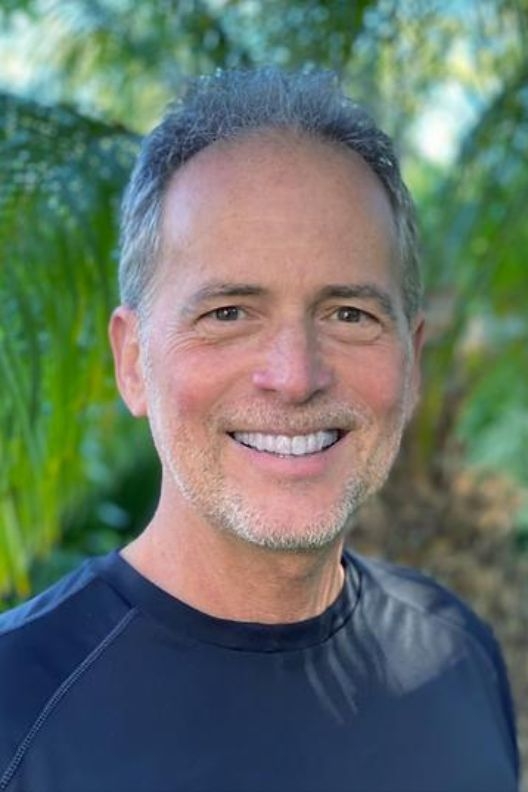
As anybody online finds out soon enough, easy access to a range of information from a variety of sources is a double-edged sword. Equally sharp is that opposite blade, often wielded with malicious intent across the spectrum of internet battlegrounds, from social media bullying to national elections interference.
Sorting news from the noise ranks highly among the challenges faced by today’s political scientists and communications scholars and educators, a few dozen of whom convened at UC Santa Barbara on Oct. 5–6 for “The Internet and Democracy in Crisis.” During the conference, they focused on the role of technology in the democratic crisis and how to respond through research and teaching. Panel discussions covered generative AI, the expanding influence of the illiberal right, challenges to public-facing research and classroom civility, among other topics.
“As scholars we should be asking ourselves, ‘What are the assumptions that I didn’t need to question 10 years ago?’” began keynote speaker David Karpf, an associate professor of media and public affairs at George Washington University. He cautioned his colleagues against assuming that elected leaders and appointed bureaucrats still operate by the ideals of a responsive government. He also warned that as a multitude of online platforms have taken root over the past decade, disinformation has been on the rise. “Strategic actors have learned how to do harm,” he said.
“Our field is a problem for people who mean trouble,” Karpf continued. “Our successes in researching misinformation have led to a serious counteroffensive. Our discipline is under attack right now.” To make matters worse, he added, social sciences are typically underfunded, and scholars are receiving threats of violence from the public and subpoenas from Congress just for the act of studying how misinformation works.
He suggested that political communication ought to be a “mission science” that can create a counterweight to misinformation and intolerance now permeating all levels of government. “Political scientists will not be the ones to save democracy but we should be helping,” he said. “We’ve made real headway. Some of our most talented disciplinary peers have oriented themselves toward helping."
Encouraging civil dialogue in the classroom is a focus of professor Lauren Copeland, a UC Santa Barbara alum now teaching political science in the “blue bubble” of Baldwin Wallace University in northeast Ohio. Her students are typically a mix of Cleveland-area urban liberals and religious conservatives from surrounding rural red counties. “Teaching was never the same (after the 2016 presidential election) and it only got worse online during the pandemic,” she said, describing how Trump supporters sounded off against people of color and marginalized members of the LBGTQ community. She said classroom discussions can quickly escalate or simply vanish in a “spiral of silence,” as students often avoid contentious topics.
In the wake of the 2016 election, Copeland turned to her peers to discover similar situations across the social sciences and humanities, with many — upward of 60% — newly arrived college students reluctant to participate in classroom discussions for fear of social repercussions. But she also noticed that a far lower percentage — only around 30% — of students shied away from participating because they feared getting a low grade or negative feedback from professors.
She saw this trend as an opportunity to engage students in tough conversations, “to get uncomfortable and get curious.” She rearranged her curricula to create what she calls “brave spaces,” where students can deliberately set the tone, improve speaking skills, practice reflective listening, abandon expectations of changing other people’s core beliefs, and perhaps even discover common ground. Often, she added, curiosity is the key, and she encourages students to use a script: “I’ve never thought about it like that before; what can you share that would help me see what you see?”

Closing the conference, Bruce Bimber, a UCSB political scientist who has been studying the internet for three decades, described the online universe as a virtual Wild West that lacks the regulatory principles and governing bodies common to other megalithic global industries, such as agriculture, aviation and pharmaceuticals, among many others.
In many cases, he said, the internet still works successfully as a place for good within the ordered dynamics of collective action. But increasingly, the harm is great.
“Studying the internet is disturbing, where it used to be encouraging,” he added. “We now have to talk about protecting ourselves just because we’re doing our work. I’ve never had to have that conversation in 30 years.
“With the internet and social media, we never really got things right as a society. We did not get policy right, and we only too late adopted good ways to talk productively about the internet and corporate responsibility. Now with AI, we have a chance for a do-over. The stakes are even higher, and corporations may be moving too fast.”

Bruce Bimber
Distinguished professor of political science Bruce Bimber studies political communication, with a focus on the relationship between digital media and patterns in human behavior, particularly in political organization and collective action. He works closely with the Center for Information Technology and Society, which he founded in 1999. He is also affiliated with the Department of Communication.
Keith Hamm
Social Sciences, Humanities & Fine Arts Writer
keithhamm@ucsb.edu



